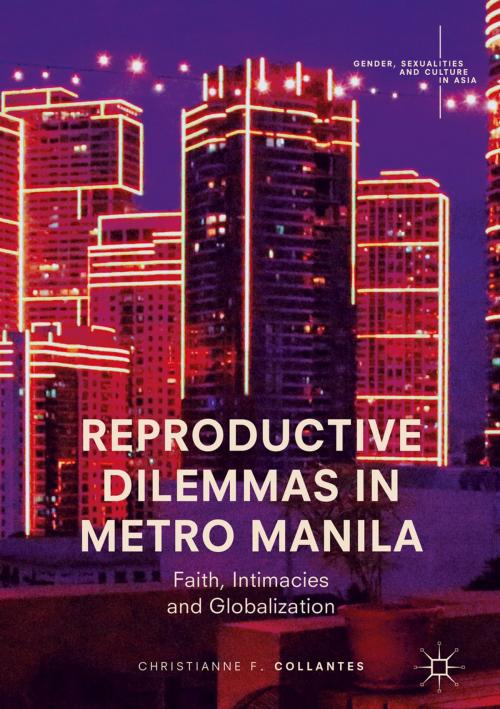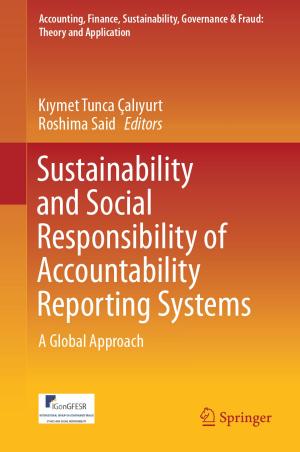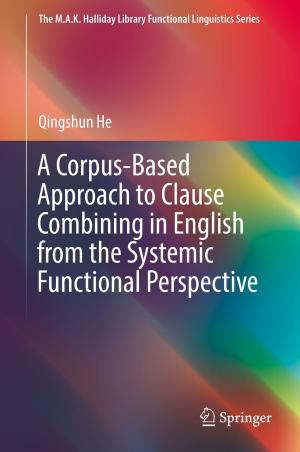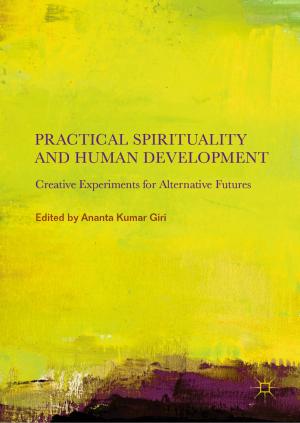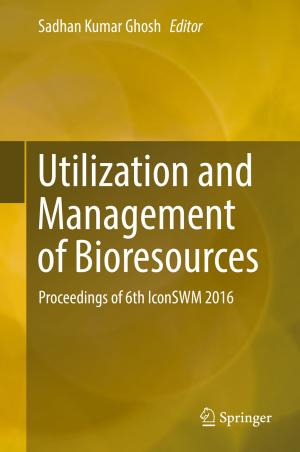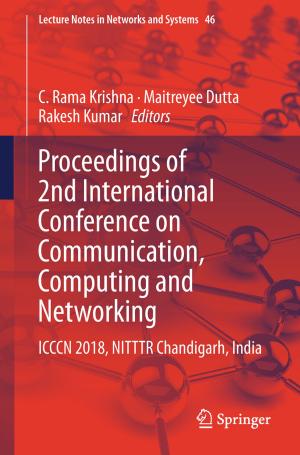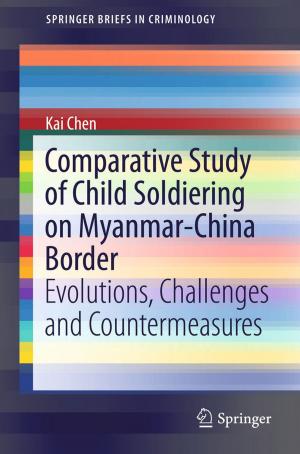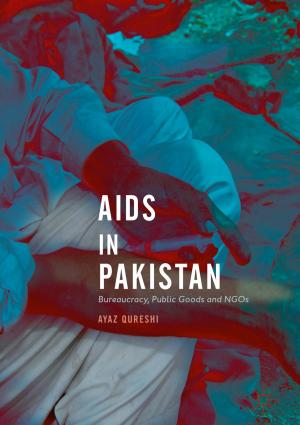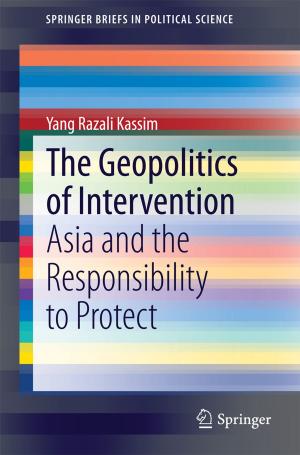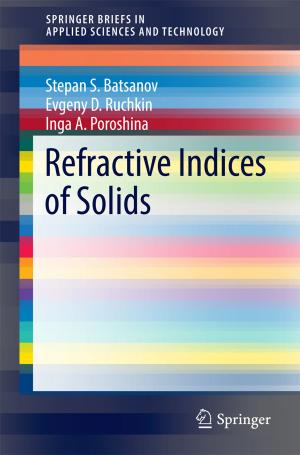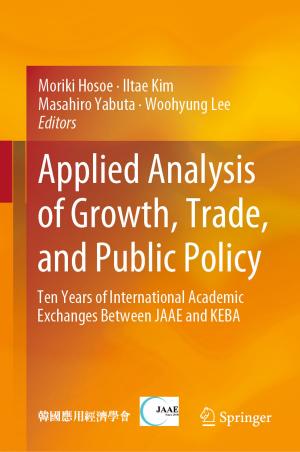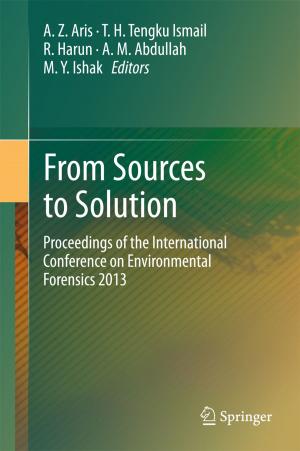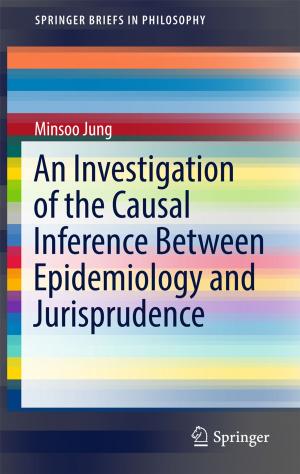Reproductive Dilemmas in Metro Manila
Faith, Intimacies and Globalization
Nonfiction, Social & Cultural Studies, Social Science, Sociology, Religion & Spirituality| Author: | Christianne F. Collantes | ISBN: | 9789811053917 |
| Publisher: | Springer Singapore | Publication: | October 17, 2017 |
| Imprint: | Palgrave Macmillan | Language: | English |
| Author: | Christianne F. Collantes |
| ISBN: | 9789811053917 |
| Publisher: | Springer Singapore |
| Publication: | October 17, 2017 |
| Imprint: | Palgrave Macmillan |
| Language: | English |
This text addresses the Philippines’ historical and contemporary reproductive politics, offering a timely insight into the rich reproductive lives of Filipinos. It critically explores stories of sexuality, religiosity, and reproductive livelihoods during the immediate aftermath of the passing of the ‘Responsible Parenthood and Reproductive Health Act’ of 2012 after more than fifteen years of opposition by the Philippine Catholic Church. Commonly called the “RH Law”, it aims to provide public access to reproductive and family planning services for Filipino women and men, especially those from poorer communities who often experience unwanted pregnancies, complications from illegal abortions, and exacerbated economic hardship. This book explores the intimate and urban after-effects of globalization, and how they shape the “reproductive dilemmas” of Filipinos in Metropolitan “Metro” Manila. It constructs a balanced portrait of the country’s reproductive politics within Metro Manila’s rapidly changing terrains, showing how “reproductive dilemmas” are produced within a context that is at once fraught by conservative religious discourse and also rapidly globalizing, and where aspects of intimate lives have become both transnational and fragmented.
This text addresses the Philippines’ historical and contemporary reproductive politics, offering a timely insight into the rich reproductive lives of Filipinos. It critically explores stories of sexuality, religiosity, and reproductive livelihoods during the immediate aftermath of the passing of the ‘Responsible Parenthood and Reproductive Health Act’ of 2012 after more than fifteen years of opposition by the Philippine Catholic Church. Commonly called the “RH Law”, it aims to provide public access to reproductive and family planning services for Filipino women and men, especially those from poorer communities who often experience unwanted pregnancies, complications from illegal abortions, and exacerbated economic hardship. This book explores the intimate and urban after-effects of globalization, and how they shape the “reproductive dilemmas” of Filipinos in Metropolitan “Metro” Manila. It constructs a balanced portrait of the country’s reproductive politics within Metro Manila’s rapidly changing terrains, showing how “reproductive dilemmas” are produced within a context that is at once fraught by conservative religious discourse and also rapidly globalizing, and where aspects of intimate lives have become both transnational and fragmented.
